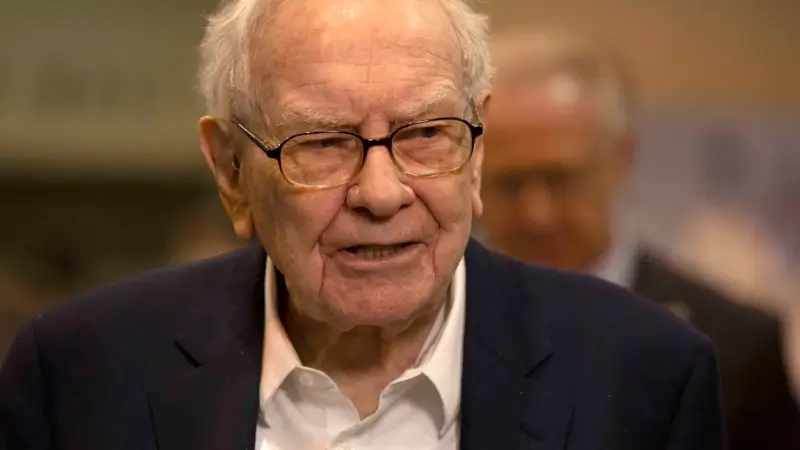Berkshire Hathaway’s cash reserves surged to a historic high in the third quarter, reaching $325.2 billion as Warren Buffett continued offloading key stock holdings and refrained from share buybacks. The conglomerate’s cash stockpile grew from $276.9 billion at the end of the second quarter, marking a substantial increase attributed to strategic stock sales and a conservative investment stance amid volatile market conditions.
Buffett, Berkshire’s 94-year-old chairman, sold significant portions of Berkshire’s biggest equity holdings, notably in tech giant Apple and financial heavyweight Bank of America. This marks the fourth consecutive quarter Berkshire has trimmed its Apple stake, while sales of Bank of America shares brought in over $10 billion since mid-July. Overall, the company divested $36.1 billion in equities in the third quarter.
A Pause on Buybacks
During this period, Berkshire did not repurchase any of its own stock, a notable pause in a practice that had slowed significantly earlier this year. Buyback activity dwindled to just $345 million in the second quarter, a stark drop from the $2 billion repurchased in each of the prior two quarters. The company maintains that buybacks will only occur when Buffett considers the stock’s price to be below its intrinsic value.
This cautious approach has come as Berkshire Hathaway’s Class A shares have climbed 25% this year, surpassing the S&P 500’s 20.1% gain. In the third quarter, Berkshire hit an all-time high, crossing the $1 trillion market cap milestone.
Third-Quarter Earnings
Berkshire’s operating earnings, encompassing profits from its fully owned businesses, totaled $10.1 billion for the third quarter, a decline of about 6% from the same period last year, largely due to weaker insurance underwriting results. This earnings figure came in slightly below analysts’ expectations, as reported by FactSet.
Buffett’s Cautious Investment Outlook
Buffett’s conservative approach coincides with a strong but unpredictable stock market, which has been buoyed by expectations of a “soft landing” for the U.S. economy as inflation trends downward. However, rising interest rates have introduced additional uncertainty; the 10-year Treasury yield recently climbed above 4%, reflecting shifting market dynamics.
Notable investors like Paul Tudor Jones have expressed concerns over the country’s rising fiscal deficit, which neither of the two presidential candidates in the upcoming election have pledged to reduce through spending cuts. Buffett has hinted that his decision to sell stocks this year could be tied to concerns about potential capital gains tax hikes, which may be necessary to address the growing deficit.
As Berkshire heads into the final quarter of 2024, its cash reserves position it to seize strategic opportunities amid uncertain economic conditions, maintaining its legacy as one of the most financially resilient companies in the U.S.





